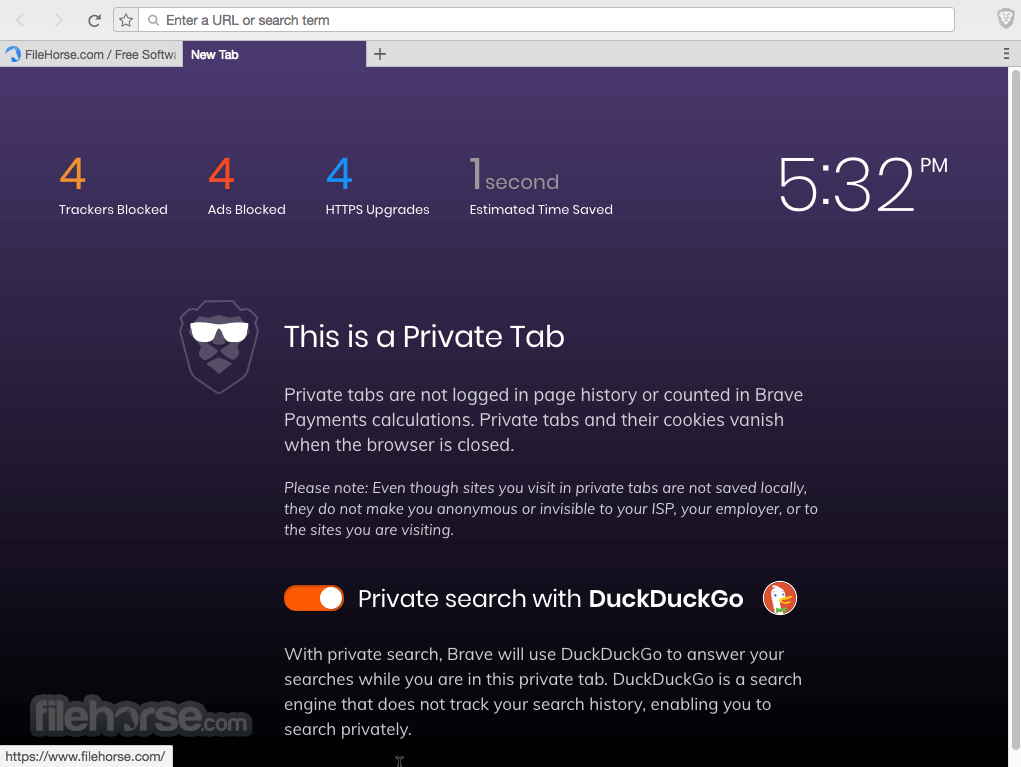

The company behind the browser has been caught collecting user information.īrave’s failure will be explained later. While Brave protects its users well from third-party sources, it lacks the first-party side of things. These settings include options to notify you if a website is trying to install an add-on. Every single browser has built-in security features that people don’t really utilize to their fullest extent.Īll of these browsers have privacy settings that can remember your search history, store cookies, and more. We’re here to put your mind at ease and our complete Safari vs Chrome vs Firefox vs Brave analysis aims to provide you with enough insights to make an inspired, privacy-focused choice when it comes to your web explorer.Īnd which one is the best ultimately comes down to what you, the user, want. Is Firefox or Chrome better for privacy? Is Safari better for privacy than Chrome? How about Firefox, is it better than Safari for privacy? Naturally, you’d have questions and legitimately so. Sure, there are similarities, but the end result is a vastly different experience for each of them.

Meanwhile, Brave has superior features in terms of security, with a bit of a slip when it comes to data collection, which leaves Firefox and Chrome to fiercely compete against each other (as they always have).Įven though their purpose is the same, each web browser does security differently. While Safari clearly falls behind on Windows, it excels on Macintosh machines due to its flawless integration with the entire Apple ecosystem. The main difference between Safari, Chrome, Firefox, and Brave is tightly connected to the platform on which you install and use each browser on a daily basis.


 0 kommentar(er)
0 kommentar(er)
